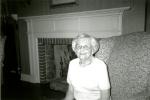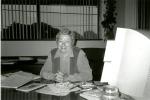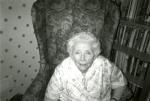From Railroad to Turnpike
In October 1988 the Pennsylvania Turnpike Commission celebrated the fiftieth anniversary of the beginning of construction on Pennsylvania's first super-highway. October 1990 will mark the similar anniversary of the turnpike 's official opening to traffic. Probably few of those who travel the turnpike today are aware that the route was originally planned as a railroad and that after two years of construction in the 1880's, the project lay abandoned for fifty-three years before the Turnpike Commission revived it.


